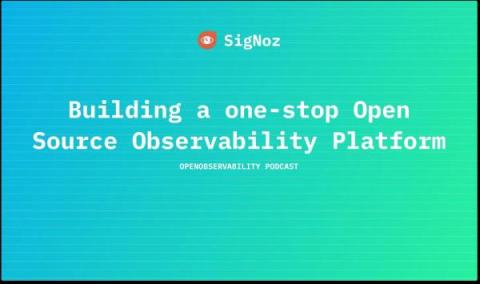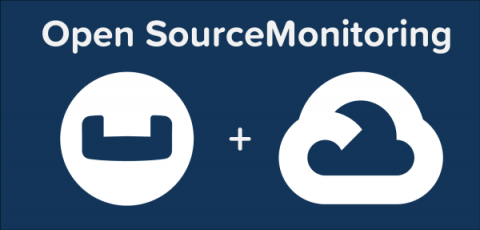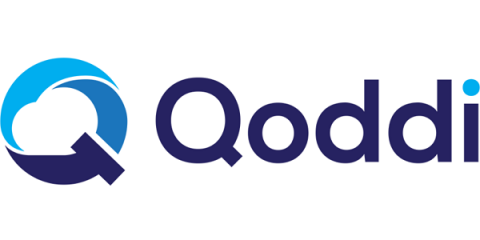Operations | Monitoring | ITSM | DevOps | Cloud
Open Source
Introducing Netdata Source Plugin for Grafana: Enhanced high-fidelity troubleshooting data source for the Open Source community!
The open-source community is about to benefit greatly from Netdata’s new Grafana data source plugin, which makes use of a powerful data collection engine. This new plugin maximizes the troubleshooting capabilities of Netdata in Grafana, making them more widely available. Some of the key capabilities provided to you with this plugin include the following.
10 Free and Open-source Apps for Remote Workers
Best practices to publish open-source software operators
Running or operating applications requires several tasks throughout their lifecycle: scaling instances, checking the health, integrating with other applications, running backups, and applying updates – to name a few examples. It’s a time and labour-intensive process. To automate these tasks, developers can implement scripts for repeated execution. This is where the software operator comes in.
Building a one-stop Open Source Observability Platform | OpenObservability Podcast
Automatically Convert Grafana Dashboards from InfluxQL to PromQL with a New Open Source Tool
It’s monitoring time. We all collect metrics from our system and applications to monitor their health, availability and performance. Our metrics are essentially time-series data collected from various endpoints. Then, it is stored in time series specialized databases, and then visualized in the metrics graphs we all know and love.
How to monitor Couchbase with Google Cloud Ops
Qoddi for open source projects
At Qoddi, we are strong advocates and sponsors of open-source projects, and with the recent decision from Heroku to stop offering free plans (used by a lot of open-source developers), we felt the importance of having an alternative ready to keep those projects running. Qoddi's infrastructure is compatible with most of Heroku's buildpacks and we wrote a guide to migrate a project from Heroku.
The Top 15 Distributed Tracing Tools (Open Source & More)
As distributed environments become more complex, users often use distributed tracing tools to improve the visibility of issues evident within their traces. Throughout this post, we will examine some of the best open-source and other generally popular distributed tracing tools available today.
Open-source storage for beginners with Ceph
Modern organisations have become reliant on their IT capabilities, and at the heart of that infrastructure is a growing need to store data. Be it transactional databases, file shares, or burgeoning data lakes for business analytics. Traditionally, storage needs have been catered to by big iron hardware vendors, but over the last decade, more and more organisations have turned to open-source solutions such as Ceph running on commodity hardware.











